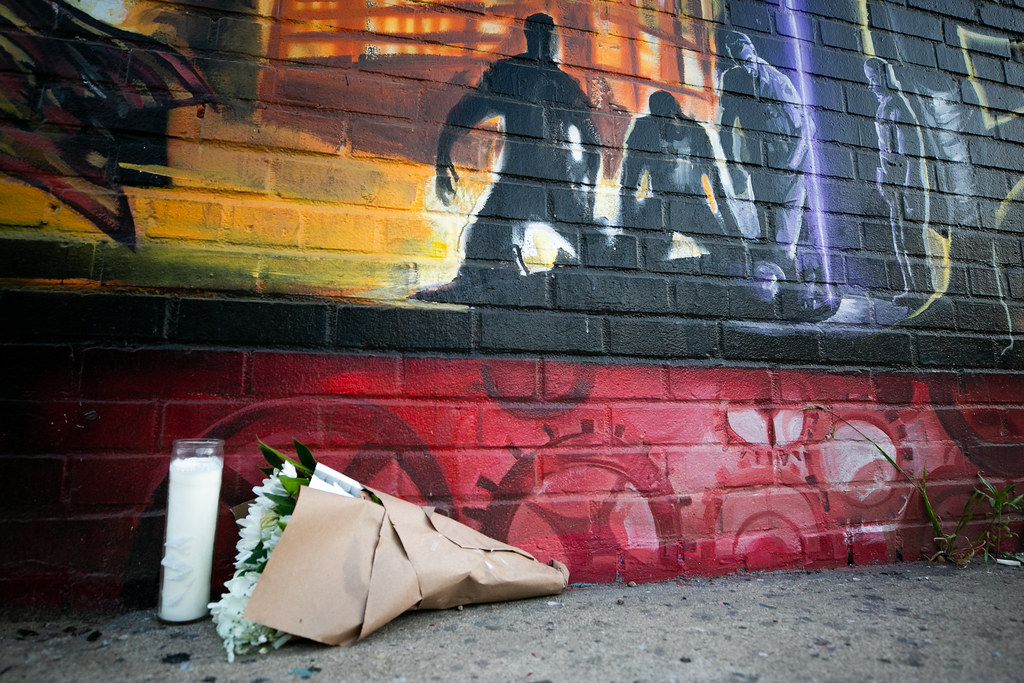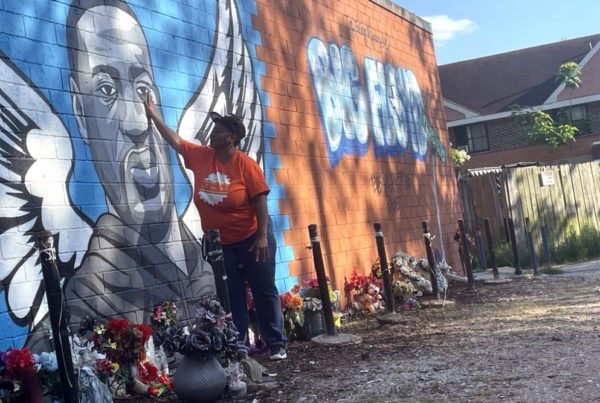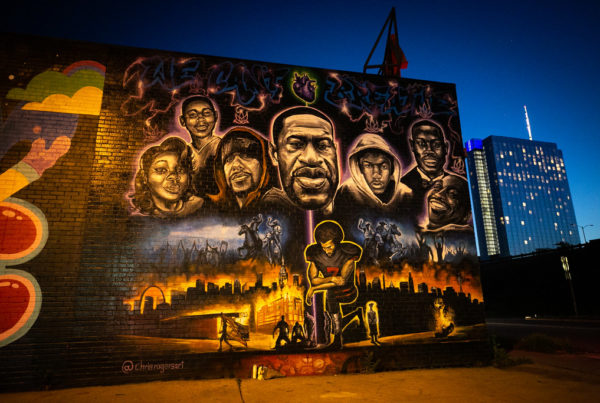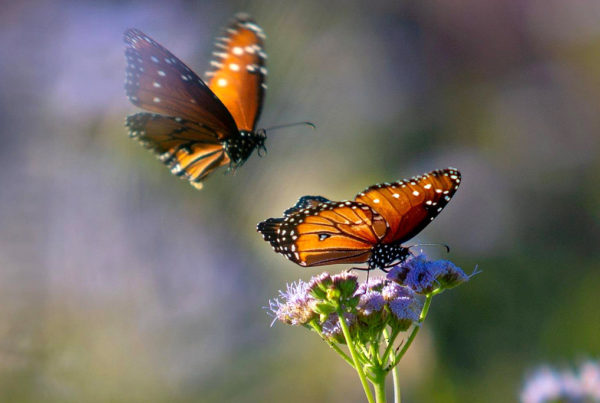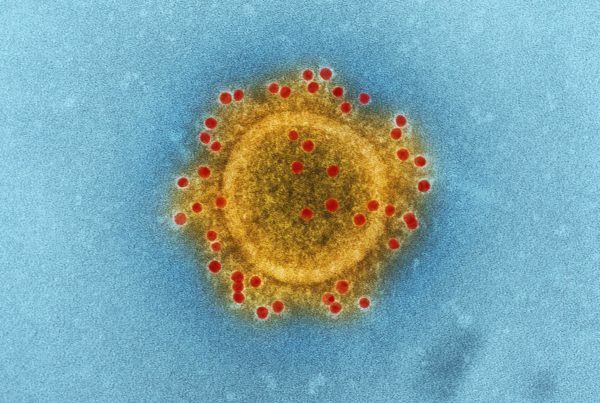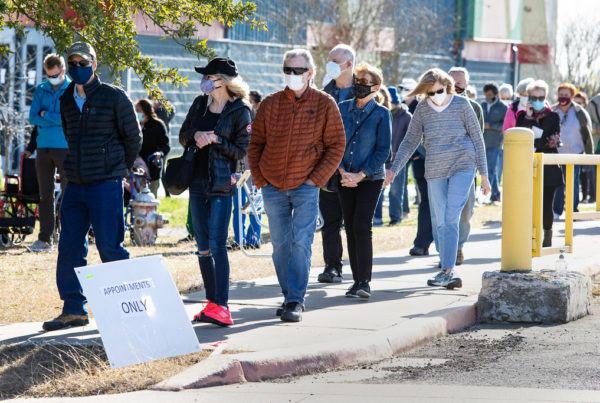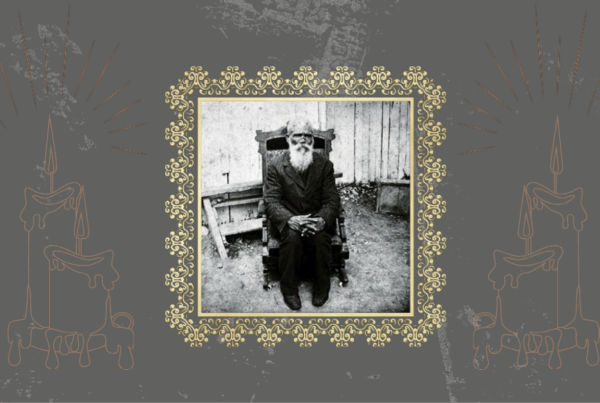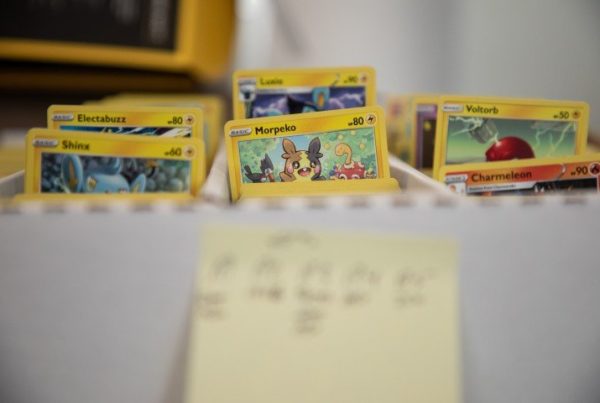Tuesday’s conviction of former Minneapolis Police officer Derek Chauvin for the videotaped murder of George Floyd marked the rarest of events in the American court system: a white police officer held accountable for killing a Black man. But video evidence has failed to convict other white officers in many other cases. So, is Chauvin’s conviction a watershed moment that will bring greater reform and accountability to policing? Or is it just another deadly milestone in America’s shameful racial history?
Melanye Price teaches political science at Prairie View A&M University, and is the author of “The Race Whisperer: Barack Obama and the Political Uses of Race.” She is also the inaugural director of Prairie View A&M’s Ruth J. Simmons Center for Race and Justice. She told Texas Standard that the history of racial injustice in America can be told in moments – like George Floyd’s death and that of Emmett Till in 1955.
“We have these deaths that are transformational in that the way we think about a thing that happens all the time, a thing that is fairly common, the way we think about that common thing, changes as a nation,” Price said. “And I’m hoping that that’s the case with George Floyd.”
Till’s killers were brought to trial, but were found not guilty. They later admitted to their crime.
“For us, it was a mater of making sure that our students understood that fighting for justice isn’t based on other people’s reaction,” Price said. “It is actually a calling for people who have received so much injustice to be able to speak up for themselves and to speak up for other oppressed people.”
Price says she was teaching a virtual class when the verdicts were about to be announced on Tuesday. She ended normal class discussion early to allow students to ask any questions they had had about the events surrounding the trial.
“The questions that they asked over and over – multiple people – was, ‘Do you think they’ll actually convict him?'” Price said.
She says her students wanted to know if was “OK to hope.”
Price has also thought about the children affected by the trial, including George Floyd’s daughter and the witnesses who took video of Floyd’s murder and testified about it.
“I think about them and how desperately sad they felt that they couldn’t do more,” Price said. “But also, why are children seeing something like this on the street, and why are they feeling it necessary to call the cops on the cops?”


